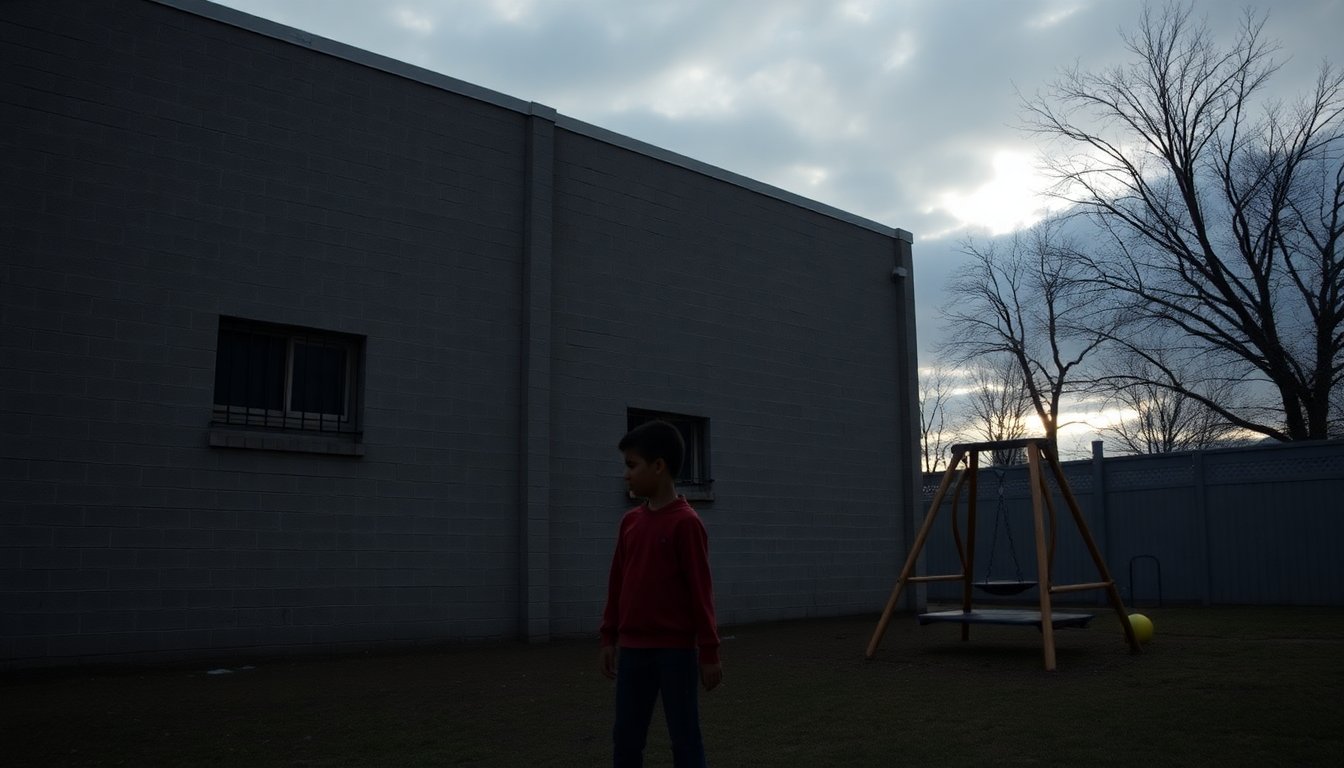Table of Contents
The alarming reality within Massachusetts’ migrant shelters has come to light, with a former director advocating for urgent reforms. Jon Fetherston, who previously oversaw a shelter in Marlborough, has voiced serious concerns regarding the protection of vulnerable children within these facilities. His insights stem from a recent case involving a Haitian illegal alien, Cory Alvarez, who was convicted of aggravated rape of a minor residing at a state-funded shelter.
Alvarez, a 27-year-old who entered the U.S. legally in 2023, was sentenced to 10 to 12 years in prison for his heinous crime against a 15-year-old girl. This incident is indicative of broader issues within the state’s shelter system, which Fetherston argues is emblematic of a profound government failure to safeguard its most vulnerable residents.
Systemic issues in shelter management
Fetherston’s criticism is not unfounded. He has previously raised alarms about the ongoing sexual abuse of minors in Massachusetts shelters. His tenure at the Marlborough facility, from 2023 to 2024, exposed him to a series of disturbing incidents, including one where another Haitian illegal alien, Ronald Joseph, was accused of raping his own daughter.
Despite the gravity of these accusations, Fetherston recounts a troubling experience where he confronted Joseph but was instructed to transfer him to a different shelter instead of reporting the incident to law enforcement. This lack of timely intervention allowed Joseph to remain free for months before his eventual arrest.
Government accountability and response
In light of these incidents, Fetherston has called for accountability from state officials, particularly Governor Maura Healey. He criticized the lack of proactive measures to protect children in these taxpayer-funded shelters, stating, “When you don’t protect children, you lose the moral authority to manage these programs.” His assertions underscore the need for a comprehensive review of how shelters are operated and monitored.
Impact on communities and shelter residents
The fallout from these shelter incidents extends beyond individual cases, affecting local communities and the overall perception of migrant support systems. Following Alvarez’s sentencing, Fetherston highlighted an uptick in local crime and community distress, as resources become strained with the influx of migrants. He noted that schools in small towns are overwhelmed with new students, which puts additional pressure on local services.
Fetherston emphasized that while many migrants are seeking a better life, the few who perpetrate violence overshadow the positive contributions of the majority. He remarked, “Ninety-eight percent of those I encountered were genuinely good people, but the remaining two percent were among the worst individuals I have ever encountered.” This dichotomy presents a challenge for policymakers who must balance public safety with the need to support immigrants.
Funding and resource allocation challenges
The implications of these shelter operations extend into financial territories as well. Fetherston pointed out that taxpayer dollars are being utilized to fund shelters that, in some cases, harbor individuals who pose significant risks to children. He urged taxpayers to recognize that their contributions might inadvertently support these troubling scenarios.
Governor Healey’s administration has faced scrutiny, particularly after announcing plans to close the state’s shelter system and reallocate funds to provide housing assistance for residents. This shift raises questions about where the funding will come from and how it will impact essential services such as education and public safety. Fetherston voiced concerns about whether local police and fire departments would suffer due to budget reallocations necessary to accommodate these changes.
Conclusion: A call for reform
As the state grapples with these pressing issues, it becomes increasingly clear that a systemic overhaul is necessary to protect the most vulnerable populations. Fetherston’s revelations serve as a stark reminder of the potential dangers lurking within the shelter system. In advocating for more stringent background checks and better oversight, he highlights the urgent need for comprehensive reforms that prioritize child safety and accountability.
Ultimately, the challenges facing Massachusetts’ migrant shelters reflect broader societal struggles regarding immigration, safety, and community responsibility. Ensuring that children are protected should be paramount, and addressing these systemic failures is essential for restoring trust in state-funded programs.


